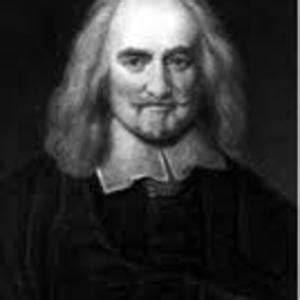A Quote by Thomas Tusser
Each man must for himself alone decide what is right and what is wrong, which course is patriotic and which isn't. You cannot shirk this and be a man.
Related Quotes
Each man must for himself alone decide what is right and what is wrong, which course is patriotic and which isn't. You cannot shirk this and be a man. To decide against your conviction is to be an unqualified and excusable traitor, both to yourself and to your
country, let men label you as they may.
In whatever area in life one may meet the challenges of courage, whatever may be the sacrifices he faces if he follows his conscience - the loss of his friends, his fortune, his contentment, even the esteem of his fellow men - each man must decide for himself the course he will follow. The stories of past courage can define that ingredient - they can teach, they can offer hope, they can provide inspiration. But they cannot supply courage itself. For this each man must look into his own soul.
The time is here for you to stand up for what you know is right. You must judge right from wrong. No longer can you be complacent or go with the flow or wonder what to do. You must decide now which path you will follow and which answer you will give. Decide well in advance, before the pressure is on, what you stand for.
Time, which measures everything in our idea, and is often deficient to our schemes, is to nature endless and as nothing; it cannot limit that by which alone it had existence; and as the natural course of time, which to us seems infinite, cannot be bounded by any operation that may have an end, the progress of things upon this globe, that is, the course of nature, cannot be limited by time, which must proceed in a continual succession.
Man is naturally self-centered and he is inclined to regard expediency as the supreme standard for what is right and wrong. However, we must not convert an inclination into an axiom that just as man's perceptions cannot operate outside time and space, so his motivations cannot operate outside expediency; that man can never transcend his own self. The most fatal trap into which thinking may fall is the equation of existence and expediency.
Philosophers have long conceded, however, that every man has two educators: 'that which is given to him, and the other that which he gives himself. Of the two kinds the latter is by far the more desirable. Indeed all that is most worthy in man he must work out and conquer for himself. It is that which constitutes our real and best nourishment. What we are merely taught seldom nourishes the mind like that which we teach ourselves.
If abuses are destroyed, man must destroy them. If slaves are freed, man must free them. If new truths are discovered, man must discover them. If the naked are clothed; if the hungry are fed; if justice is done; if labor is rewarded; if superstition is driven from the mind; if the defenseless are protected, and if the right finally triumphs, all must be the work of man. The grand victories of the future must be won by man, and by man alone.
The things of the world are ever rising and falling, and in perpetual change; and this change must be according to the will of God, as He has bestowed upon man neither the wisdom nor the power to enable him to check it. The great lesson in these things is, that man must strengthen himself doubly at such times to fulfill his duty and to do what is right, and must seek his happiness and inward peace from objects which cannot be taken away from him.
One of man's important mistakes, one which must be remembered, is his illusion in regard to his I. Man such as we know him, the 'man-machine,' the man who cannot 'do,' and with whom and through whom everything 'happens,' cannot have a permanent and single I. His I changes as quickly as his thoughts, feelings and moods, and he makes a profound mistake in considering himself always one and the same person; in reality he is always a different person, not the one he was a moment ago.







































